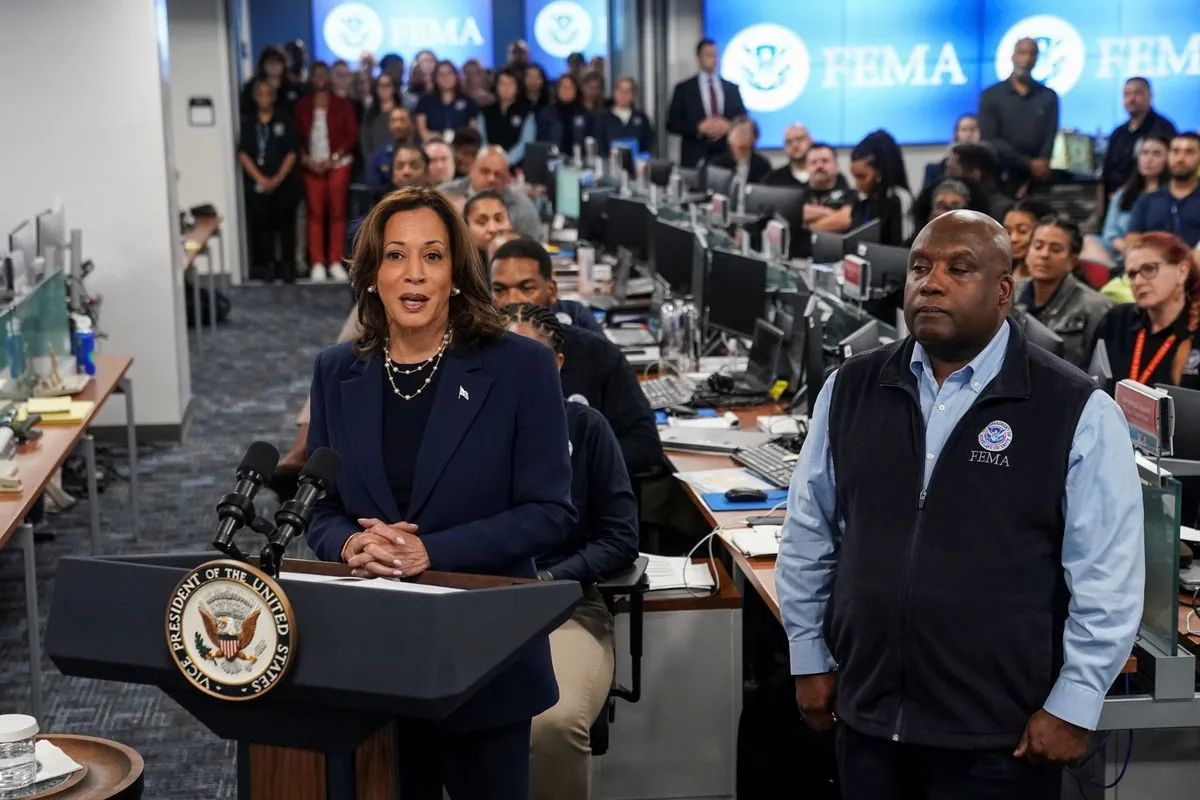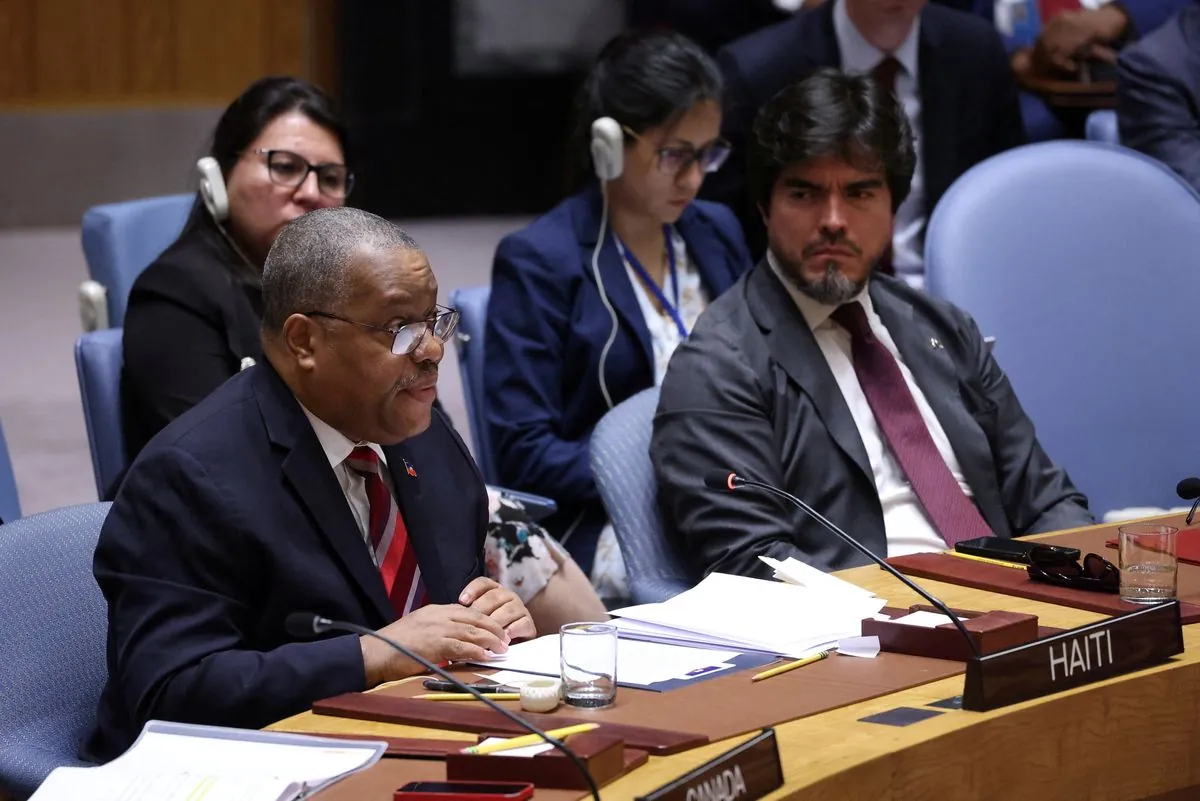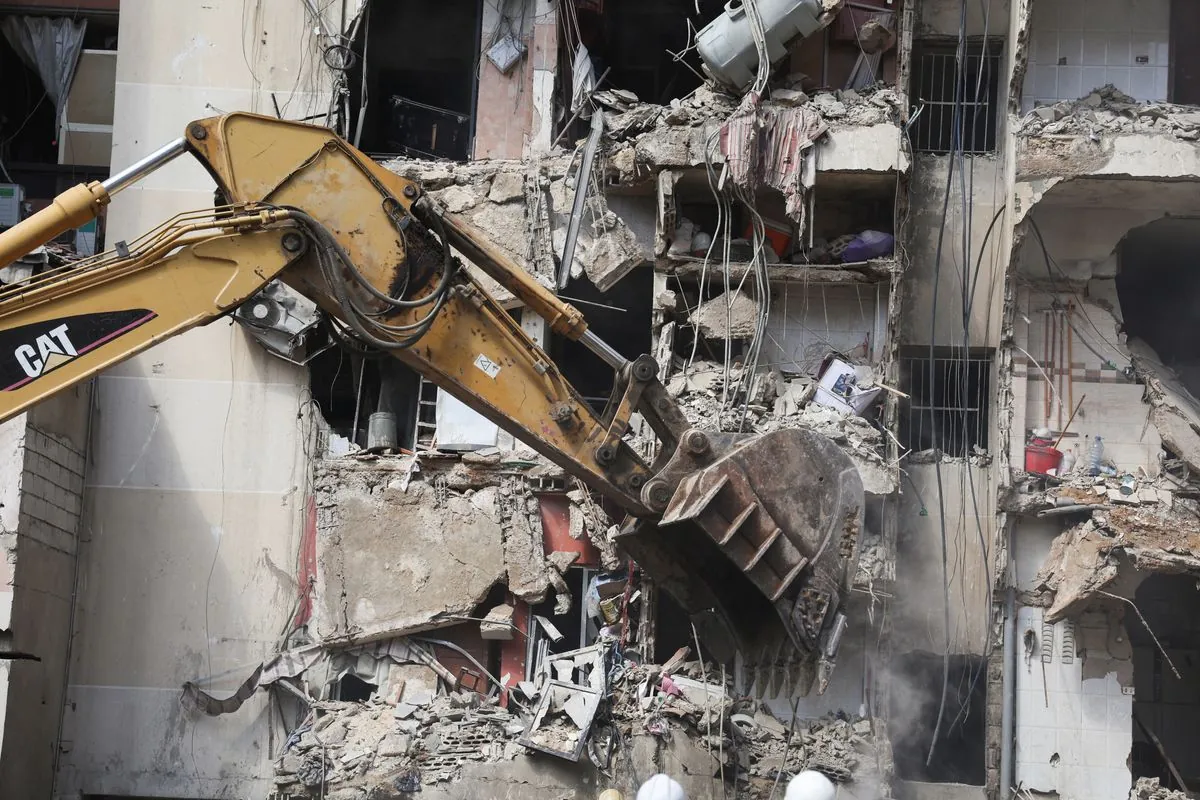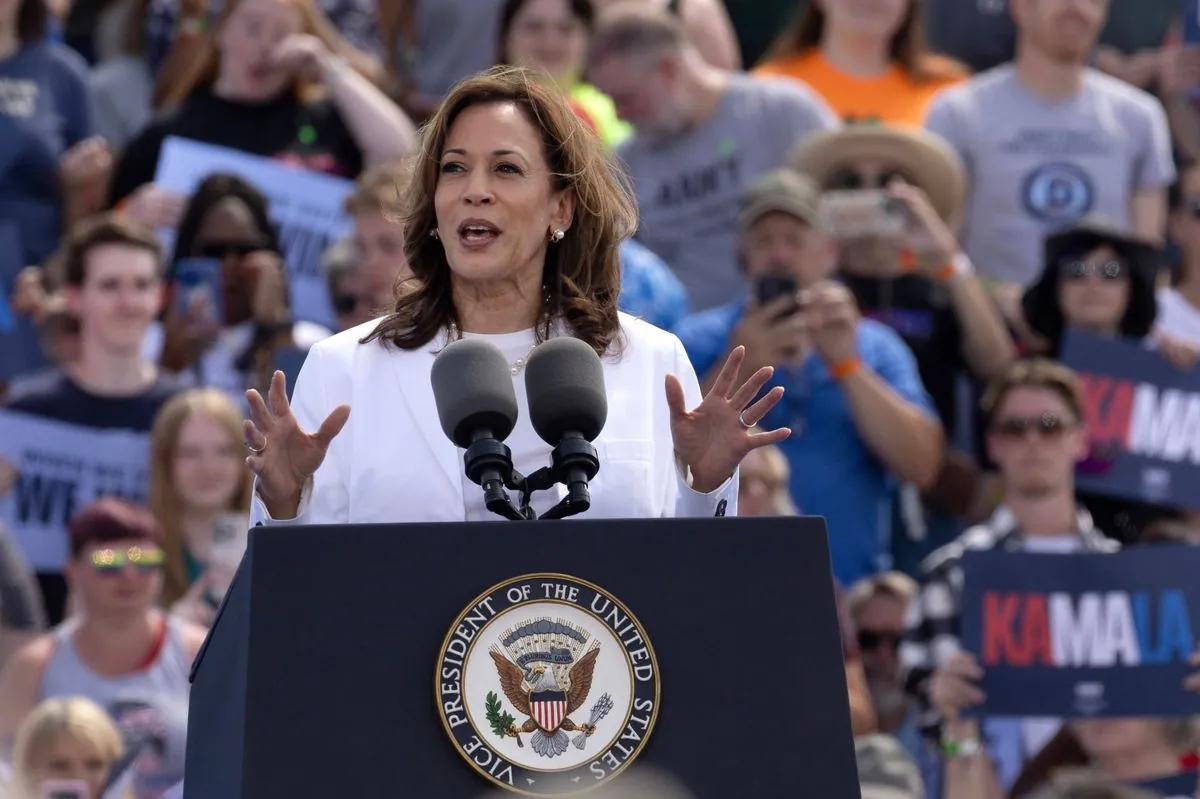Philadelphia's Chinatown Faces New Challenge with Proposed 76ers Arena
Philadelphia's Chinatown community opposes a $1.3 billion arena project for the 76ers, fearing gentrification and disruption. The plan, supported by the mayor, aims to revitalize Market East but faces criticism from local activists.
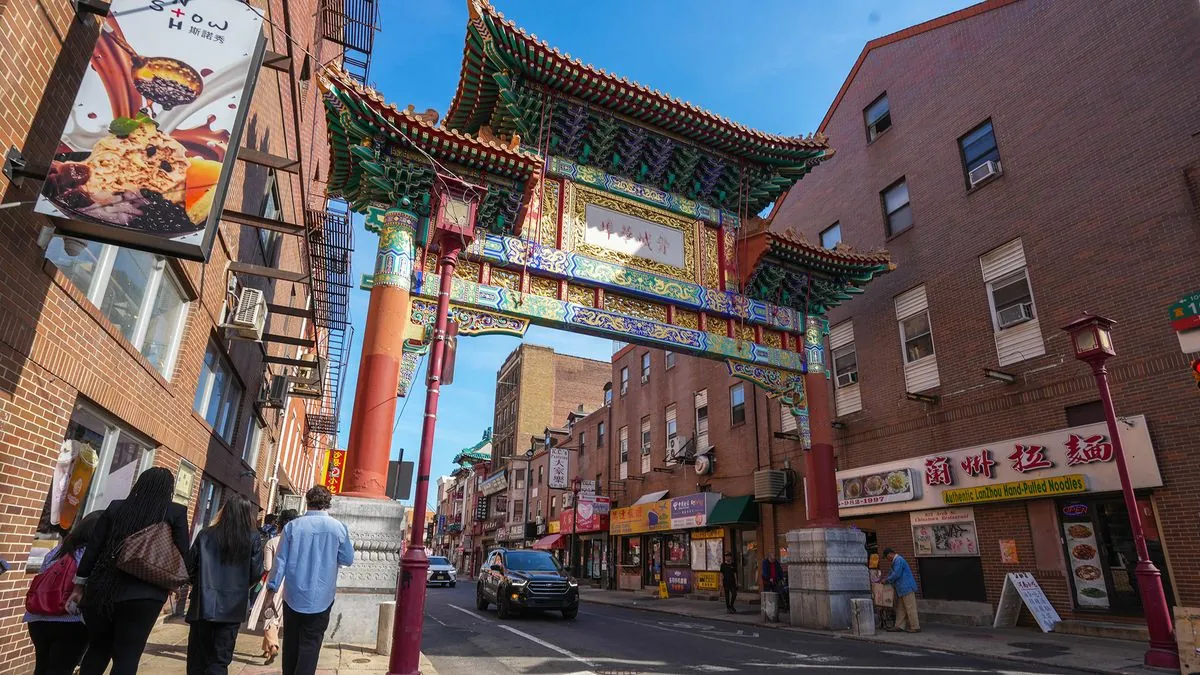
In Philadelphia, a city steeped in history and cultural diversity, a new chapter is unfolding as the Philadelphia 76ers propose a $1.3 billion arena project adjacent to Chinatown. This development has sparked a heated debate about urban renewal, community preservation, and the economic impact of sports facilities.
Vivian Chang, leader of Asian Americans United, stands at the forefront of opposition to the arena. She points out that the proposed site for the 76ers' new home is eerily similar to a location where Chinatown activists successfully thwarted plans for a baseball stadium two decades ago. That victory led to the establishment of the Folk Arts-Cultural Treasures Charter School in 2007, now educating 480 students, many from immigrant backgrounds.
The proposed 18,500-seat arena, dubbed 76 Place, is envisioned as a catalyst for revitalizing Market East, an eight-block stretch from City Hall to the Liberty Bell. This area, once a thriving retail corridor, has struggled in recent decades due to suburban mall growth, financial crises, and the rise of online shopping.
Mayor Cherelle Parker supports the project, believing it could breathe new life into the area. However, critics like local activist Jackson Morgan fear the arena could disrupt nearby communities, including the LGBTQ+-friendly Gayborhood.
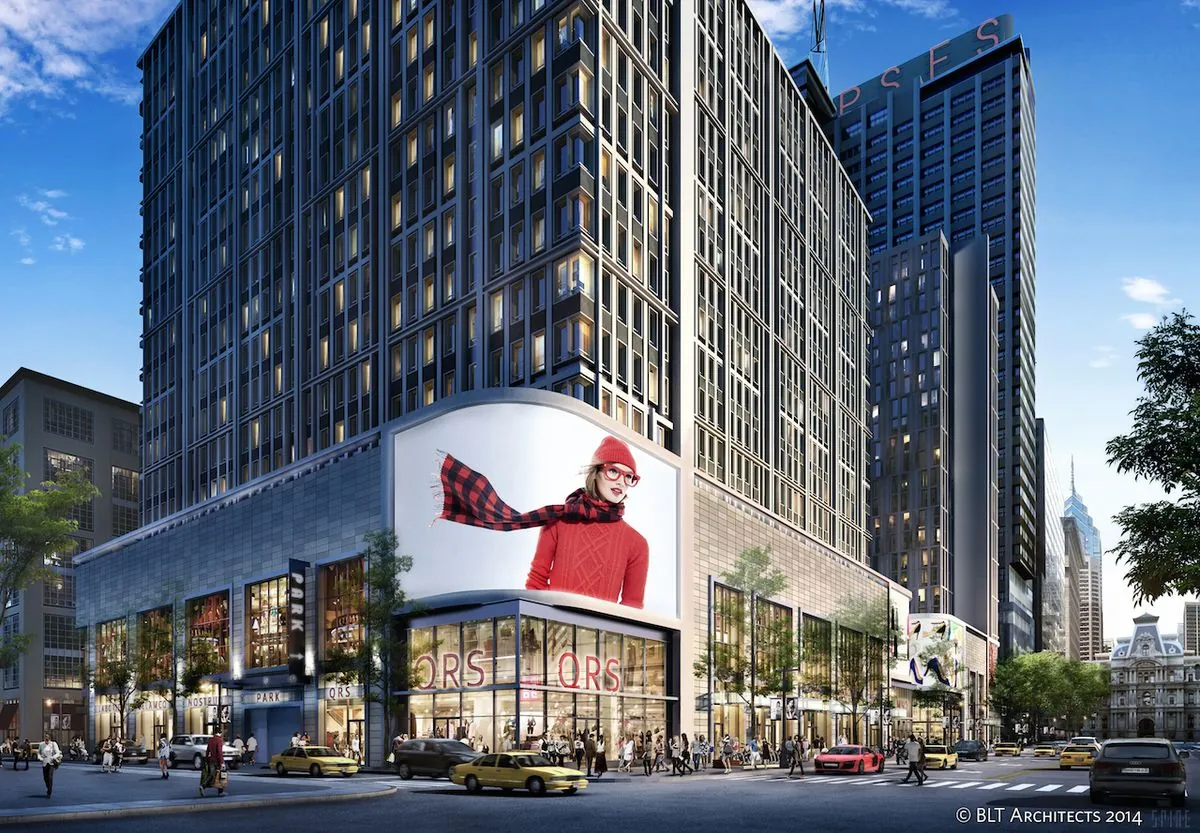
The 76ers, owned by Harris Blitzer Sports & Entertainment, claim the project will be privately financed and generate significant economic growth. They've pledged $50 million in local benefits, including a $3 million loan fund for Chinatown businesses.
However, economists like Victor Matheson caution that the economic impact of arenas is often limited to a small radius. Critics argue that modern arenas are designed to keep patrons inside, potentially limiting benefits to surrounding businesses.
"I think the arena is a good thing. I could see a lot of families gathering and getting a nice bowl of Vietnamese pho — my favorite dish — and then heading to the game."
The debate extends beyond immediate economic concerns. Philadelphia's Chinatown, dating back to 1871, has a long history of resisting large-scale development projects. The community has faced challenges from proposed casinos, prisons, and highways, with mixed results in their efforts to preserve their cultural enclave.
Debbie Law, whose family ran a variety store in Chinatown for 35 years, exemplifies the community's concerns. In 2022, when the arena plan surfaced, their landlord tripled the rent, forcing them to relocate to a less favorable location.
As the city council prepares to debate the proposal, the 76ers owners are pushing for approval by year-end 2024, aiming to open the new arena by 2031. This timeline adds urgency to a decision that could significantly alter the fabric of downtown Philadelphia.
The controversy surrounding the arena project reflects broader issues of urban development and community preservation. Philadelphia, known as the "City of Brotherly Love," must now navigate the delicate balance between progress and protecting its diverse neighborhoods.
As this story unfolds, it's worth noting that Philadelphia has a rich history of firsts, including the nation's first hospital, zoo, and business school. The city that once served as the capital of the United States now faces a decision that could shape its future for decades to come.






























